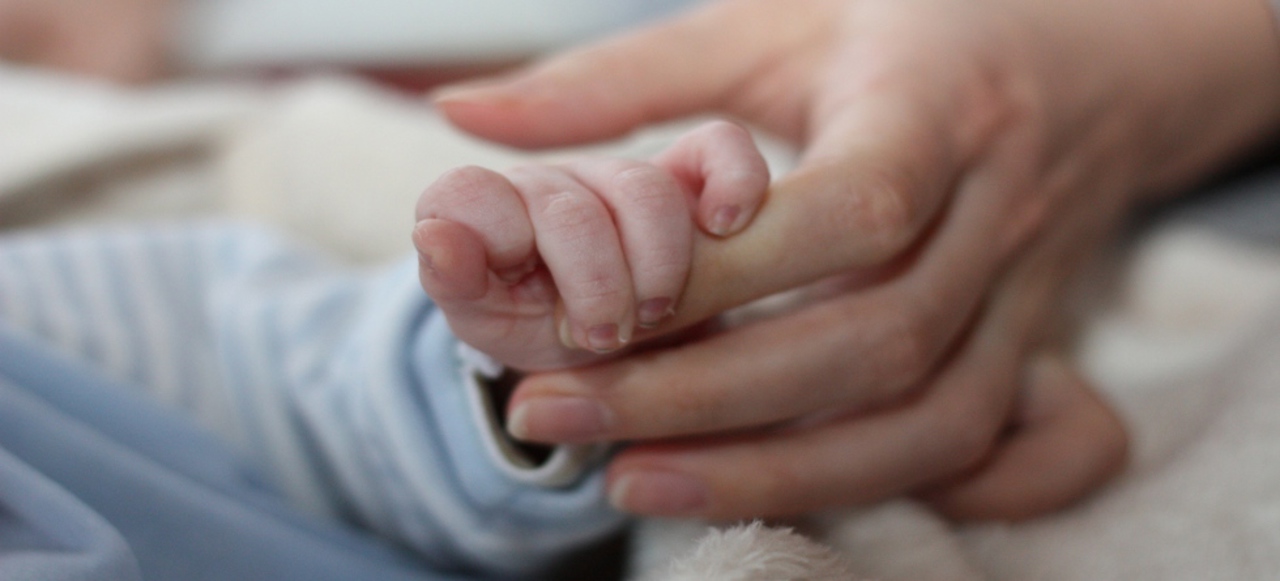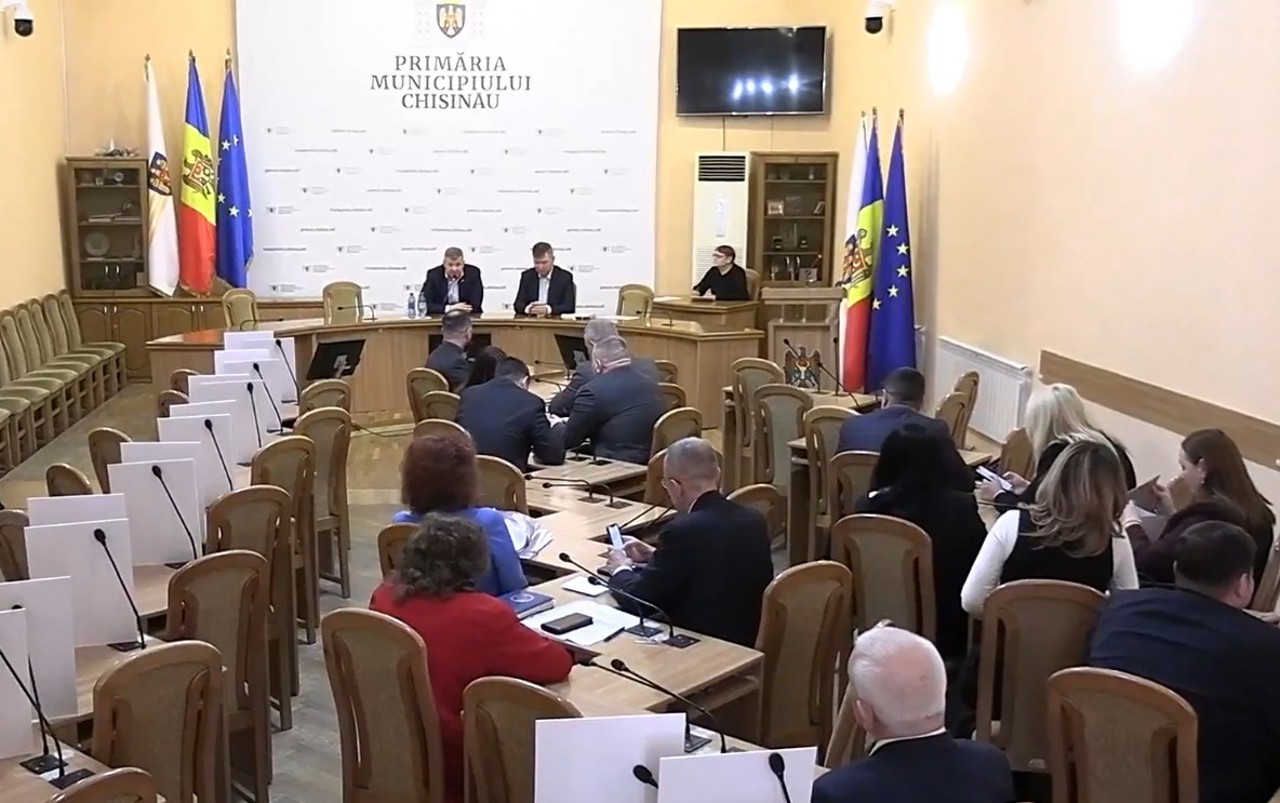Chisinau caregivers appeal for continued support as job security falters
Social workers in the Moldovan capital, Chisinau, who provide critical care for individuals with severe disabilities, face an uncertain future.

With potential job losses and salary cuts looming, they have implored municipal authorities to secure their funding in the 2024 budget.
The plea resonates deeply for Ecaterina Grosu, a dedicated social worker for 16 years. She relies on the income to care for her bedridden son, who suffers from multiple sclerosis. The prospect of losing her job is a terrifying one.
"It's heartbreaking. Someone needs to understand what it's like to be the sole support for a child who can't speak, move, or express his needs," Grosu shared, highlighting the immense challenge faced by countless families.
Mariana Cotelea, another social worker supporting her son with Down syndrome, echoes the sentiment. Unable to return to her previous job due to her caregiving responsibilities, the nearly 5,000 lei she earns barely covers their essential medical expenses.
"Why create this hardship when we can offer this minimum lifeline of 5,000 lei, even with a recent cut of 1,000 lei?" Cotelea questioned, emphasising the impact on families beyond financial hardship.
Responding to the concerns, Zinaida Popa, a councillor from the Action and Solidarity Party, pledged support. She assured that allocating the necessary 145 million lei is feasible and the party is willing to negotiate with other factions in the council to secure the funding.
"We're prepared to submit a separate proposal or amend the 2024 budget directly to ensure these funds are available. We're open to collaborating with all council members, including the Socialists, to find a solution," Popa declared, demonstrating the urgency of finding a resolution.
The situation stems from the recent shift in responsibility for social worker salaries. While previously handled by district councils, the burden now falls on the national government. However, Chisinau and the Gagauz autonomy claim sufficient budgets to manage this expense independently.
With nearly 2,200 social workers in Chisinau alone, and a total of 7,000 across the country, their vital role in supporting vulnerable individuals is undeniable. Their pleas for continued support raise critical questions about resource allocation and the responsibility for ensuring the well-being of those who rely on their dedicated care.
Translation by Iurie Tataru





